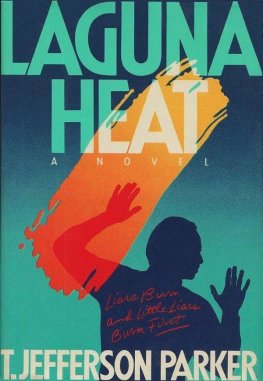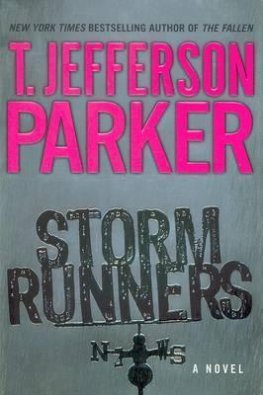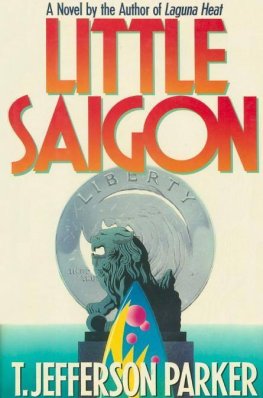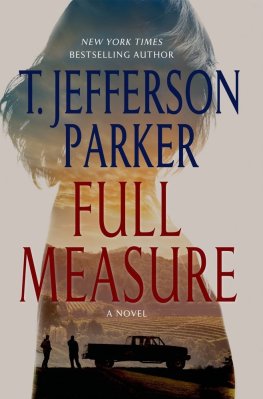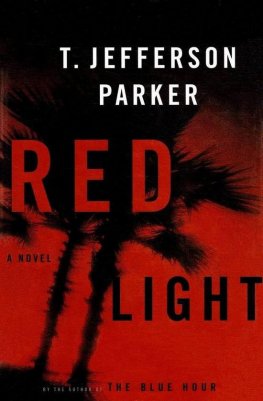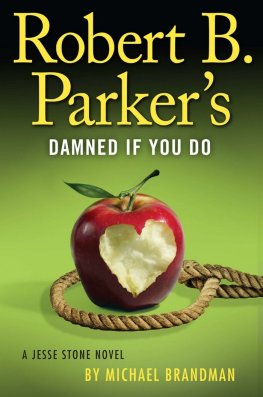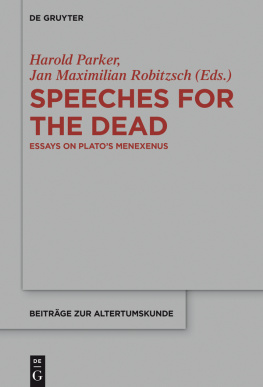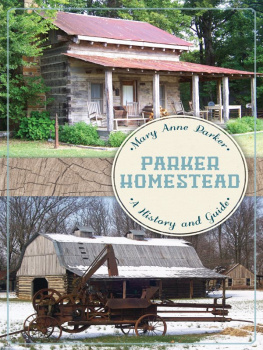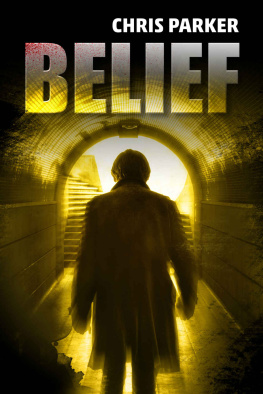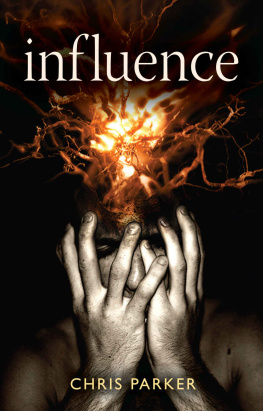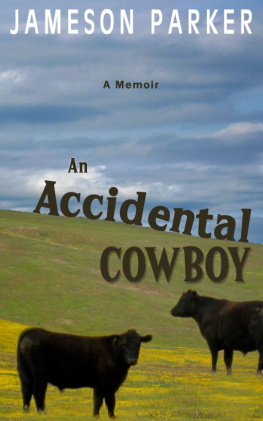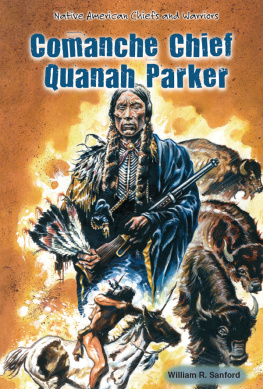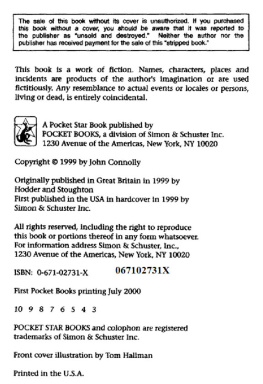T. Parker - The Famous and the Dead
Here you can read online T. Parker - The Famous and the Dead full text of the book (entire story) in english for free. Download pdf and epub, get meaning, cover and reviews about this ebook. genre: Detective and thriller. Description of the work, (preface) as well as reviews are available. Best literature library LitArk.com created for fans of good reading and offers a wide selection of genres:
Romance novel
Science fiction
Adventure
Detective
Science
History
Home and family
Prose
Art
Politics
Computer
Non-fiction
Religion
Business
Children
Humor
Choose a favorite category and find really read worthwhile books. Enjoy immersion in the world of imagination, feel the emotions of the characters or learn something new for yourself, make an fascinating discovery.

- Book:The Famous and the Dead
- Author:
- Genre:
- Rating:3 / 5
- Favourites:Add to favourites
- Your mark:
- 60
- 1
- 2
- 3
- 4
- 5
The Famous and the Dead: summary, description and annotation
We offer to read an annotation, description, summary or preface (depends on what the author of the book "The Famous and the Dead" wrote himself). If you haven't found the necessary information about the book — write in the comments, we will try to find it.
The Famous and the Dead — read online for free the complete book (whole text) full work
Below is the text of the book, divided by pages. System saving the place of the last page read, allows you to conveniently read the book "The Famous and the Dead" online for free, without having to search again every time where you left off. Put a bookmark, and you can go to the page where you finished reading at any time.
Font size:
Interval:
Bookmark:
T. Jefferson Parker
The Famous and the Dead
Am I the sea, or a sea monster,
that thou settest a guard over me?
Job 7:121
Rovanna strode into the convenience store by the dawns early light. As usual he carried his Louisville Slugger, the barrel of it cupped in his right palm and the handle resting on his shoulder like a rifle. His back was straight and his gait purposeful. He wore cargo shorts, a black T-shirt, slip-on sneakers in a red-and-black-checked pattern. His hair was a white thatch and he could have easily been mistaken for a surfer, though he had never learned to swim. He bought his coffee and the Iraqi clerk handed him his change with a soft thank-you, Shukran.
Shukran jazeelan, Rovanna said.
He walked a different route home, noting the Granite Hills emerging into the morning around him and the light poles of the high school stadium growing staunch against the sky. More closely he watched the windows and doors around him because Anbar teaches you to watch windows and doors. It was a weekday in El Cajon, east of bustling San Diego, and the neighborhood had that just-getting-started hum.
He came to his street, a narrow avenue of older homes, spiked fences, and grated windows. Some of the trees had grown large. The pit bull that lived in the yellow ranch house growled murderously at him and Rovanna took a dog biscuit from his pocket. He cocked his elbow and flicked it as he might a dart, the biscuit arching over the wrought-iron lances of the fence. The dog fell heavily upon it.
Rovanna lived in a small guesthouse behind a sagging larger home. He walked along the gravel driveway that led to his house, passing his small blue Ford, which was dirty and plastered with large sycamore leaves. He stopped and studied the front door and the windows on either side of it, their plastic blinds drawn. At the porch he turned left as always, rounded the side yard, passed the bedroom and the water meter and the sun-hungry hydrangeas, then went right along the padlocked toolshed and the sliding glass door with the flannel bedsheet nailed inside. He turned the corner and stepped back onto the porch.
Inside he patiently checked each room, then sat on the Salvation Army couch with the Louisville Slugger propped handle-up beside him. The bat was wooden, clean, and waxed, and it shone slightly in the poor light. His front door was half open and he drank his coffee while he watched the light grow through the screen door. It was winter and the towering sycamore in the yard between the two houses was nearly naked, only a few big leaves still hanging on to the branches on this cool morning. The space heater glowed in its corner. There were paperback thrillers in shelves along the walls and newspapers and magazines piled on the floor, all paled by dust.
Rovanna watched the man come around the side of the main house out front and start up the gravel drive toward him. He carried what looked like a medical kit and he moved as if he were familiar with the property. He wore a gray fedora and a navy suit buttoned over a white shirt and a light blue tie. Rovanna heard the gravel crunching, then the thud of shoes on his front porch. The man stood framed by the screen door and raised his fist to knock.
Thats exactly far enough, said Rovanna.
Im Stren, consulting physician for the Superior Court in San Diego. I hope you have a minute.
For what?
Im reviewing your Firearms Rights Restoration application and I have some questions.
You shouldnt have taken away my guns to begin with.
I didnt take away your guns. The court did.
I didnt hurt anybody.
Not seriously. Though quite frankly, the court was also concerned with you hurting yourself. The psychiatric hold was for your protection, as well as the safety of others.
So do I get them back or not?
You need to answer some questions. May I come in?
Rovanna took the bat by its handle and moved across the small room. He unlatched the screen door and backed away. The doctor stepped inside and removed his hat. Stren was a small man with a ruddy complexion, short black hair, and eyes the same blue as his necktie and pocket square. His eyeglass frames were black and oversize and from certain angles the lenses magnified his eyes, such as now when he looked at the bat. He was familiar but Rovanna couldnt place him. Stren sat on the plaid, misshapen couch and set his medical bag beside him, then his hat atop the bag. He crossed his legs and looked around the room as if he were confirming, not discovering. From a breast pocket of his suit coat Stren brought a trim black notebook and a shiny black pen, which he uncapped and readied. Rovanna sat across from the sofa in a white resin lawn chair. There was an oddly low coffee table between the two men, littered with fast-food wrappers and a half-full plastic gallon bottle of vodka.
How have you been? The doctors voice was resonant in the small room. He offered a compulsory smile and studied Rovanna with lively blue eyes.
Im taking the meds. Im on full disability. I eat well enough. I stay home mostly. I walk around the neighborhood for exercise.
With the bat?
I always have the bat. Its not as good as a gun but its something for protection.
Stren nodded and wrote something down. Tramadol and Zoloft?
Theyre in the bathroom if you want to see.
Please do bring them out.
In the bathroom Rovanna grabbed the two bottles in one hand and brought them back to the doctor and dropped them with a rattle onto the doctors lap. Stren lifted them one at a time, positioned the labels, and wrote in his notebook. How much alcohol do you drink?
Two vodkas per day. Maximum. Its not a problem.
What size?
The medium-size cups with superheroes they give out at Mr. Burger. Lots of grapefruit juice and ice.
Stren looked intently at the vodka then at Rovanna. Voices? he asked.
Rovanna suddenly felt angry and ashamed. These emotions could hit fast and they almost always arrived together. The anger felt like a mug of scalding black ink upended inside his brainpan. The shame just made him want to become very small. No.
Dr. Webb at Naval said you were hearing voices from radios, addressing you and you only. When the radios were turned off.
I dont have radios anymore.
Dr. Webb said you considered these voices to be your friends. So, that is what I am asking about. Voices speaking only to you. Friends, as you called them.
Rovanna took a deep breath and exhaled slowly. I got rid of them. I took the radios to the Salvation Army. All of them. Look around.
But Stren only let his gaze wander Rovannas face. Or did you put them somewhere you could easily get to-say, in the garage, or in the toolshed out back?
I did not.
May I look?
Fuck yourself. Okay. So theyre in the shed. I locked them in there so I wouldnt have to hear them. Maybe you should take them away, too.
Lets move on.
Rovanna felt his anger steal away, then circle back. You say you work for the court? Wheres your ID?
Stren reached into his jacket pocket and removed an envelope with a county seal on it. Rovanna took and opened it. Inside was a sheet of San Diego Superior Court letterhead stating that the undersigned was in the employ of the court and as such would be granted all rights and courtesies due an officer of said court. The seal on the sheet was embossed. At the bottom were the scrawled signature of Hon. Betsy Lambeth and the neatly composed signature of Dr. Todd Stren.
You cant be a real doctor with a signature like that, said Rovanna. His anger was abandoning him. He handed the envelope and letter to Stren, who slipped them back into his pocket. Why would Dr. Webb tell you those personal things about me?
Its my job to recommend whether you get your guns back or not. Im the consulting psychiatrist. Dr. Webb and I work together and share medical information. Hes a big fan of yours, Lonnie. He believes in you.
Font size:
Interval:
Bookmark:
Similar books «The Famous and the Dead»
Look at similar books to The Famous and the Dead. We have selected literature similar in name and meaning in the hope of providing readers with more options to find new, interesting, not yet read works.
Discussion, reviews of the book The Famous and the Dead and just readers' own opinions. Leave your comments, write what you think about the work, its meaning or the main characters. Specify what exactly you liked and what you didn't like, and why you think so.

